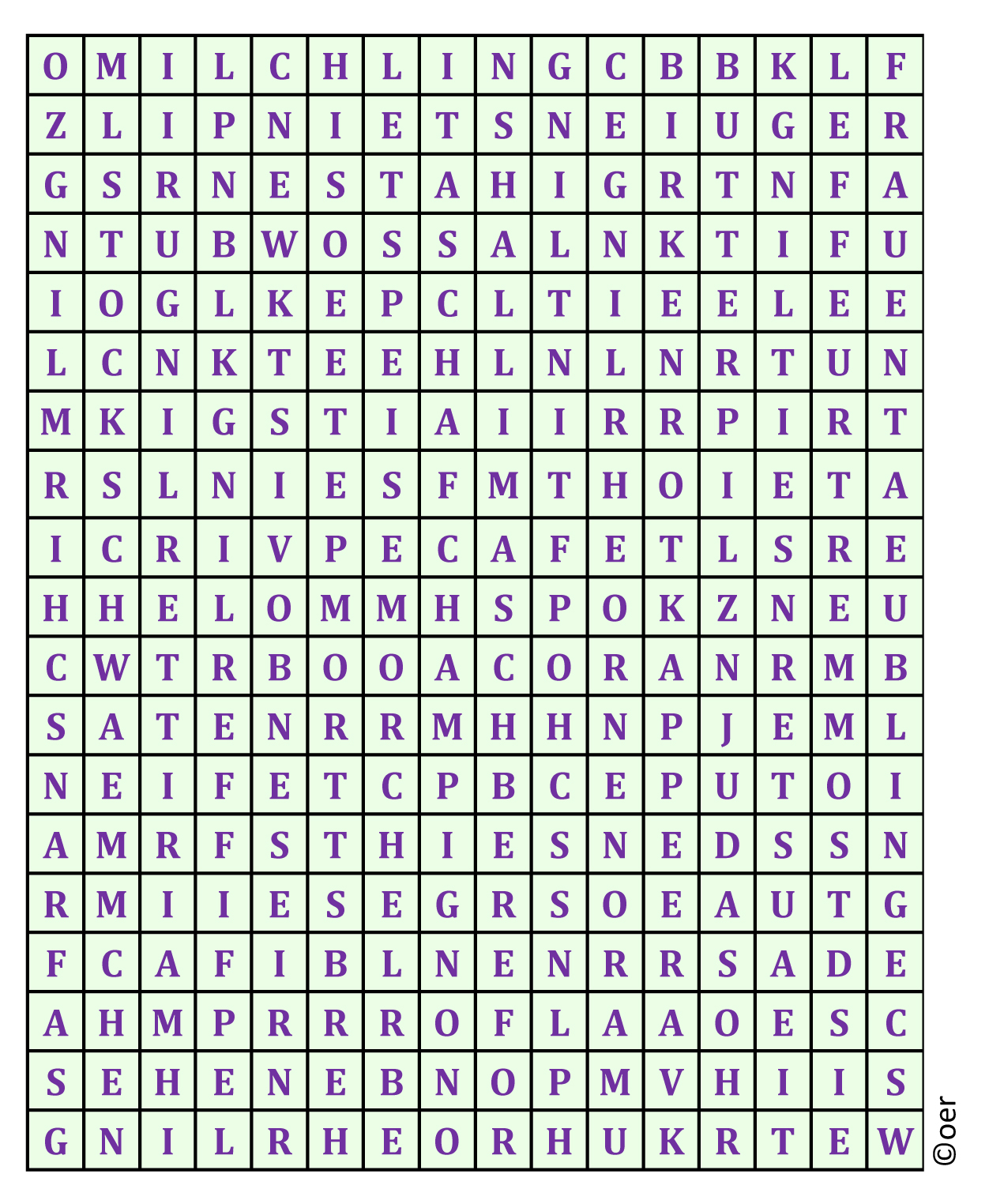Wie wird deutsche Literatur eigentlich im Ausland aufgenommen? CULTurMAG wirft einen ungewöhnlichen Blick auf aktuelle Neuerscheinungen. Lucy Renner Jones übersetzt (u.a.) deutsche Literatur ins Englische – und wird für uns in unregelmäßigen Abständen Neuerscheinungen heimischer Autoren auf Ihre Aussichten für den englischsprachigen Markt abklopfen. Heute: Benjamin Lebert: „Im Winter dein Herz“ Eingebettet in die Rezension finden Sie ein Video-Gespräch, das unser Partner „Interview Lounge“ mit dem Autor geführt hat.
 A good read
A good read
Lebert’s first novel Crazy divided critics in the year 2000, nowhere so much as across the divide of the Atlantic. In the New York Times, for example, writer Jeffery Eugenides casually but thoroughly slated Lebert’s first novel with an article entitled ‘Pup fiction’. In Germany, on the other hand, Lebert was acclaimed as a ‘Wunderkind’, and sales reached an astonishing level of 10,000 copies within a few months of publication. Nevertheless, Lebert was given column inches both at home and abroad because youth, all 16 years of it, was on his side back then.
The pictures of him when Crazy was published – hairless chin and bleached blonde hair, smiling eagerly into the cameras and raising his right, non-paralyzed arm – were touching. The boy-next-door aura no doubt helped sales and encouraged the book to be translated into 33 languages as well as made into a film. Cut to 2012.
At the age of 30, Lebert has written a new novel, Im Winter Dein Herz. For the record, it’s actually his fifth novel. And noticeably, Lebert has gone through a full-scale image change: the website www.zehnseiten.de shows his transformation to unshaven, Ethan-Hawke-lookalike, a far cry from the naïve figure he was eleven years ago – try flicking between his other appearance on zehnseiten while reading Flug der Pelikane, and the degree of his metamorphosis becomes clear.
The story begins with an understated, deftly written description of a winter scene in Hamburg, and at its centre, a dilapidated, two-hundred-year-old tenement building: “It had faded red stone walls […] and looked from the outside as if it were drunk or very tired and had to be propped up in the middle of two adjoining larger buildings.” This building is home to people from all walks of life: an elderly spice trader who finds it hard to climb stairs without taking his last gasp; a violin-maker who employs young apprentices so mesmerized by their work, you wonder what woes they are trying to forget (and at such a young age); and the young Robert Kiefhaber, a man on his way into a psychiatric hospital, suffering from an inability to eat and swallow. The world is tinged with melancholy as if seen through the eyes of someone who has suffered a great deal. Even the idyllic Hamburg park, Planten and Blomen, with its well-kept lawns and perfect flower beds, is in reality too close to the prison so that inmates can shout out to passers-by: an unwelcome intrusion of harsh reality in this perfect Hanseatic world. There is a patina left on every description, as if he were looking back at the past, full of nostalgia. Gradually, however, we learn that we are in a world set not too far into the future where, to save resources and the environment, people are given three pills to go into hibernation for 3 months.
Flash forward: into this sleeping German landscape, Robert and a fellow clinic patient, Kudowski, break out on a journey with a local Turkish woman, Annina. Much like his Hamburg apartment, Robert is chiefly propped up by these other two, more dynamic characters. His persona as a “Hungerkünstler”, a name he gives himself in reference to Kafka’s short story, is pretty accurate: as the story progresses, Robert’s incapacity to move, run, or change his circumstances grows: he is an observer of events, a patient recalling his childhood, his favourite books, his mother’s tradition of reading aloud to her captivated children. While the world –primarily the adults – are sleeping, Robert and his friends encounter other pockets of young rebels, all on a similar search for meaning, love and happiness in these winter months. As Robert tries to makes sense of it all, he turns to literature for help. Writers are his new parents, fairy tales and poems are sources of guidance and he attempts to apply literature to life as if it were sound advice:
Ein Satz, den Wilhelm Busch geschrieben hatte, lief jetzt durch ihn hindurch wie ein Leuchtband: Glück entsteht oft durch Aufmerksamkeit in kleinen Dingen, Unglück oft durch Vernachlässigung kleiner Dinge […] Zu Menschen, denen es schlechtging, sagte man oft: Kopf hoch! Sollte man nicht besser noch hinzufügen: Mach die Augen auf!
Outside, the world has its eyes shut, having dutifully taken its pills. But Robert is wide awake while his body is mostly prostrate, a metaphor that forces the image of therapy. And Lebert’s writing here is much like the interior monologue of a therapy patient trying to get in touch with childhood recollections in the hope that they will lead the way to a new future. Robert searches his subconscious in search of answers to Big Questions: What is happiness? Friendship? Love? Mentally scanning literature within his reach, Robert attempts to come up with some answers, while Lebert skilfully weaves a psychological reality for the fantasy world he has created: Annina and Kudowski have their own issues, they are not mere figments of Robert’s imagination. Annina has her own very particular identity problems to resolve as a young Turkish lesbian living in Germany. Kudowski is an ex-con and pathological liar. Robert’s anorexia is a result of his “Rüschenzunge” (“frilled tongue”), a psychosomatic illness where the swallowing reflex has become problematic.
So Lebert has unearthed his subconscious and laid it down on paper: the writing has a dream-like quality reminiscent of Schnitzler’s Traumnovelle. In the way people who are no longer physically active sometimes do, he sees the world from the outside looking in and is extremely observant of the people in it: he has his eyes, in a sense “wide shut”:
Er dachte kurz über erleuchtet Fenster nach, die man von draußen betrachtete. Und wie sie einem manchmal Einsamkeit einflüsterten und das Gefühl, ausgeschlossen zu sein […] Um den Blick auf die Liebe gerichtet zu halten, dachte er, braucht man gute Augen. Augen, die fortziehen, von Fenster zu Fenster, vom eigenen ich zum anderen, aber dann immer wieder heimkehren, einen Weg zurück finden.
There are also echoes of Brave New World. Even when people are in a non-medicated state, doctors in Lebert’s world prescribe music that calms, like Huxley’s soma:
Aus den kleinen Boxen, die in manchen Winkeln der Wirtsstube platziert waren, tönte leise die gezupfte Crede-in-te Musik, die, wie Robert gelesen hatte, immer populärer wurde. Die Ärzte empfahlen sie, weil sie sich angeblich gut auf die Seele auswirkte.
And while the world is asleep, those in the small enclaves observe that animals have begun to reclaim their territories, as if the end of civilisation is not far away, and man’s natural enemies are forging their way back into the heart of society. Or are these figments of desire and dreams drifting through the windows of the world as it sleeps?
“Ist was Wahres an den Geschichten, von den Tieren, die in den verschlafenen Wintermonaten die Orte heimsuchen? Den Rehen und Füchsen und so?“
Da sah jemand in dieser kleinen Wirtsstube seine Stunde gekommen.
“Füchse?” sagte der Mann, […] sich langsam zu Kudowski umwendend. Und er erzählte mit vor Aufregung bebender Stimme die Geschichte von dem Wolf, der im Jahr zuvor, an einem Dienstag im Februar, in seinem Garten aufgetaucht war. Von der dunklen Farbe seines Fells im tiefen Weiß des Nachmittags berichtete er. Von seinen Augen, die, indem er sachte den Kopf hob, zu schmalen, gelben Schlitzen geworden seien.
Lebert’s blurring of boundaries between his real and literary self in Crazy was something he described as a “terrible mistake” when the book was published. In IWDH, it seems as if he’s done exactly the same thing and we can only fear for his mental health if he keeps it up. This is because of Lebert’s recent interview in Die Zeit detailing his recent anorexia and resulting three-month stay in a psychiatric hospital. In the interview, he aligns himself with Hemingway’s motto of “write what you know”. But luckily for the reader, his credo seems to be “write what you’re passionate about”, a refreshing change from some of the creative writing course lit on the German market. And despite its autobiographical parallels, his novel has the feel of a work of fiction: that’s because Lebert has moved away from retelling – he could have set his novel in a psychiatric clinic – and has moved into the territory of metaphor, reclaiming his experiences, as it were, like the wolf in his novel reclaims its territory. In doing so, he manages to say something more general about personal crises and does it with some truly poetic language. The result is not merely a cathartic exercise. It’s a good read.
There are flaws: the occasional longueur, some stories that lead into cul-de-sacs and even the strangely upbeat ending. But, as with Eyes Wide Shut, its flaws show off its strengths, one of these being that IWDH works as straightforward science fiction as well as on a metaphorical level: a world ‘put to sleep’, a vanishing man who can’t swallow things any more. After Crazy’s reception in the US and UK, Lebert and his new publisher, Hoffmann & Campe, have their work cut out to relaunch his image in the US after Crazy. But it can only be hoped that this reflection on love in times of emotional crisis will have greater critical success.
Lucy Renner Jones
Lucy Renner Jones ist eine freiberufliche Autorin und Übersetzerin von Texten ins Englische, hauptsächlich aus den Bereichen Kunst, Fotografie, Film und Literatur. Zur Homepage.
Benjamin Lebert: Im Winter dein Herz. Hoffmann & Campe 2012. 156 Seiten. 18.99 Euro.











